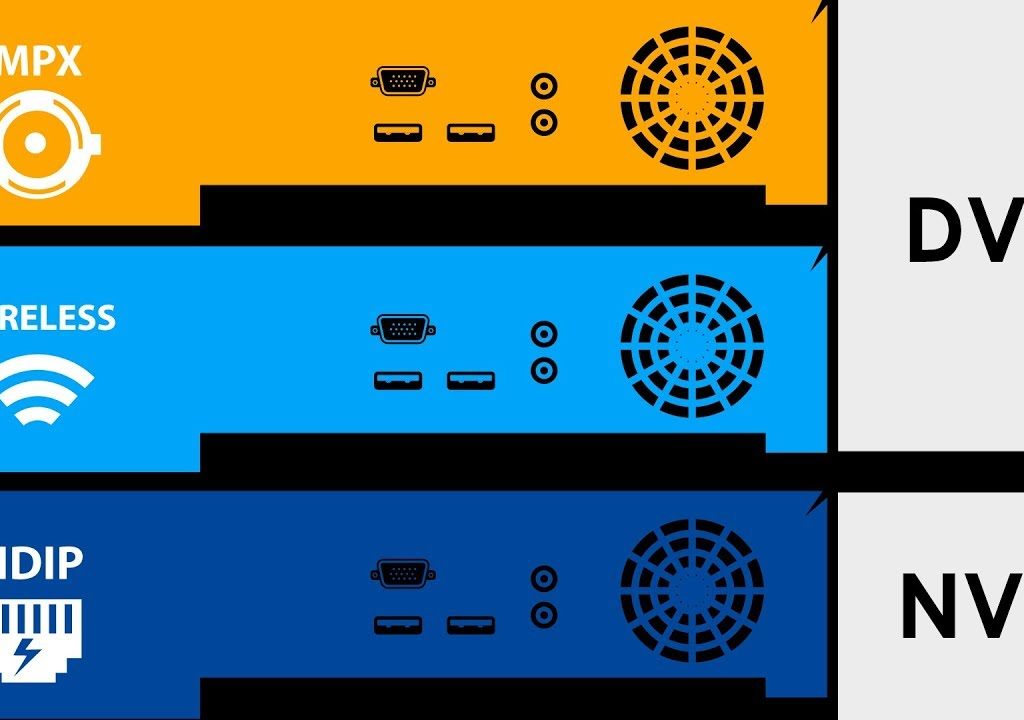
Technology continues to revolutionize the security industry. Security systems have become an essential element of residential or commercial property protection. But with so many different options available, it can be hard to decide which one is best suited for your needs. In this article, we’ll compare DVR and NVR technologies and help you decide which is best suited for your security requirements.
What is a DVR?
DVR stands for Digital Video Recorder. This surveillance system records and stores video footage from security cameras using analog connections connected via coaxial cables. The DVR then converts this analog signal into digital format, compresses it, then stores it on an internal hard drive – making storing footage from multiple cameras much simpler.
What is an NVR?
NVR stands for Network Video Recorder. This newer technology replaces DVR, recording and storing video footage from security cameras instead of analog ones through IP cameras connected via network cable over the internet. Once captured by the NVR, this footage is stored permanently on its hard drive.
What are the main distinctions between DVR and NVR?
There are a few key distinctions between DVR and NVR. These include:
Camera Compatibility
DVRs use analog cameras, while NVRs employ IP cameras. If your existing analog system is working well for you, then a DVR would be your best bet. On the other hand, if upgrading is your goal then NVRs offer more advantages.
Video Quality
NVRs typically produce better video quality compared to DVRs due to their use of IP cameras with higher resolutions compared to analog ones. IP cameras can capture footage with up to 4K resolution, while analog ones only support 1080p.
Storage Capacity
DVRs use physical hard drives to store video footage, while NVRs rely on cloud storage. This means DVRs have limited space while NVRs can store unlimited footage based on how much cloud storage you have available.
Cost
DVRs tend to be cheaper than NVRs due to the use of analog cameras which cost less than IP cameras. But if you need better video quality and more storage space, NVRs are worth the investment.
Which Is Better?
Now that you understand the distinctions between DVR and NVR, you may be wondering which is superior. The answer to this question depends on your individual security requirements. If your system already includes analog cameras, then sticking with a DVR would be cost-effective; on the other hand, if better video quality and additional storage space are priorities then an NVR would be preferable.
Conclusion
DVRs and NVRs both make great security systems. DVRs are more cost-effective, making them ideal for those who already have an analog camera system in place. On the other hand, NVRs offer superior video quality and more storage space – making them a better choice for those looking to upgrade their system. Ultimately, which option you choose depends on your individual requirements.

